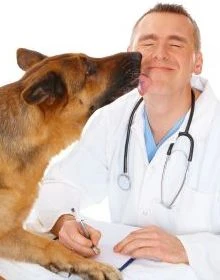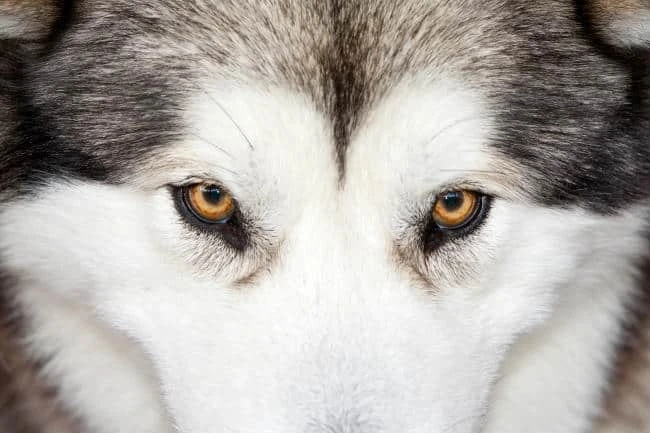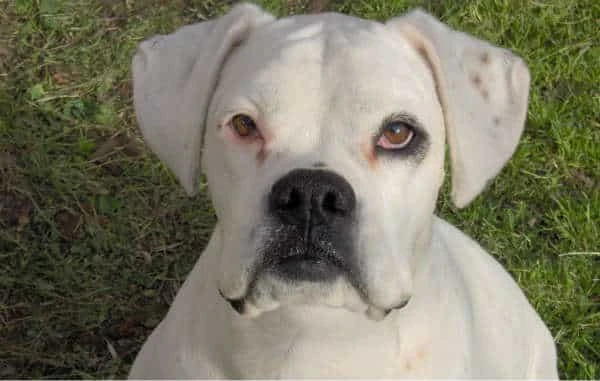Canine Colitis – The causes, symptoms and treatmen

A Guide to Canine Colitis…

Canine colitis is an inflammation of the large intestine or colon and is often caused by IBS (also known as Irritable Bowel Syndrome) and although their are no cures for IBS it can be controlled and treated quite effectively.
Colitis can be chronic or acute and can also be caused by stomach parasites and in rare cases by stomach cancer, consequently you can see why it is so important that you learn to understand and spot the early warning signs of this condition. There are of course a number of other causes of the condition including ingestion of foreign bodies, poisoning and infection. Other causes of the condition can be due to…
- Trauma (such as an accident).
- Pelvic stress due to an accident or trauma (hit by a car)
- Bacterial infections including Salmonella, Clostridium and Campylobacter.
- Giardia
- Allergic reactions can also cause the illness.
- Infections of the liver, kidney and spleen can also cause the illness.
What are the symptoms…? The symptoms of the condition can include constipation, pain and smelly stools. If the condition is left untreated it can lead to diarrhea (that may contain a mucous type covering) and even have signs of blood and pus within the stools.
The treatment for the condition can often include a change of diet with meals split up into small portions spread throughout the day.
Diagnosis
To help diagnose canine colitis the vet will often undertake a thorough physical examination and look at the physical symptoms that the dog is exhibiting (before more invasive medical procedures are undertaken).
- Canine colitis is diagnosed through an endoscopy (a camera is inserted either through the mouth or via the rectum). The purpose of the examination is to determine if there are any gastrointestinal problems.
- Laboratory tests may also be undertaken. and through a fecal examination.

How is the condition treated… There are a variety of methods utilized to treat colitis in dogs including…
– Antibiotics
– Anti-fungal medications
– Anti-allergy medications
– Anti-parasitic medications
– A change of diet may also be needed that is high in fiber
– Anti-inflammatory medication may also be used to treat any inflammation including Sulfasalizine or Azathioprine.
– To help limit and reduce the amount your dog defecates medications including Ioperamide may be prescribed by your vet.
References:
Bleby, J and Bishop, G. 1986. The Dogs Health from A-Z.
Did you know…?

Colon Cancer can have similar symptoms to Colitis…
- Canine colon cancer often occurs and develops in older dogs over the age of 10.
- If your dog is suffering from colon cancer he is likely to have diarrhea and gastrointestinal bleeding.
- Your dog may also suffer from constipation and appear thirsty.
- If your dog is suffering from colon cancer he may lose weight, have a fever, muscle weakness and be lethargic.
- Other symptoms of cancer of the colon can include hair loss and skin rashes.
Home remedies to help treat the digestive system may be used including Licorice and Slippery Elm.
Ulcerative Colitis…
This is a very serious condition caused by inflammation of the colon. It can be caused by stress, a bad diet, infection and when a dog eats refuse.
The treatment for this condition can include antibiotics and steroids being prescribed. In some cases a dog may develop Peritonitis (this occurs when ulcers have penetrated the intestinal walls).





